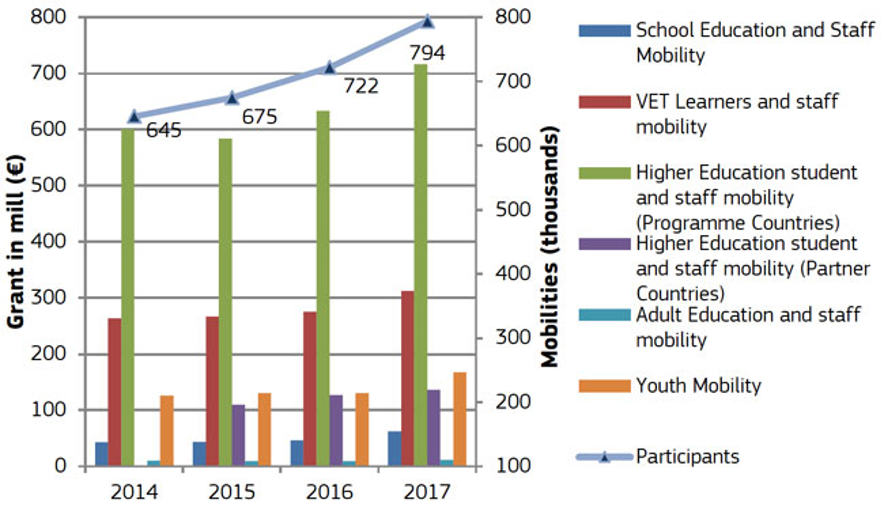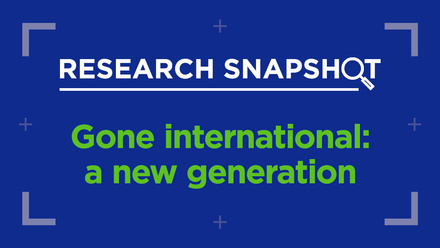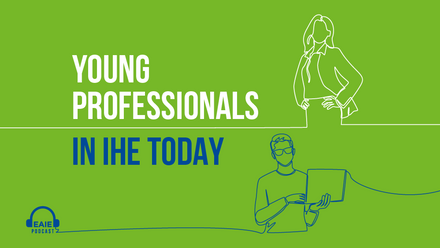Working together to promote placements abroad

Despite our increasingly globalised world, promoting international placements can prove to be a surprisingly difficult task. Indeed, although you may assume that students are aware of the professional and personal benefits of such an experience, convincing them to do their placements abroad is no easy task.
I have been in charge of international placements at the Bordeaux Institute of Technology for the last ten years. Every year, I am amazed at the number of offers to go abroad that are turned down by students who do not see the value in these opportunities as a way to prepare them gaining valuable experience for their future jobs.
Higher education institutions and academics are convinced of the advantages of international placements for employment. These placements offer students a unique opportunity (especially at the undergraduate level) to not only get hands-on experience on the job, but also to build social and soft skills. We’re all in agreement on this: international placements can be considered as a once-in-a-lifetime opportunity to improve personal and professional skills.
Skills for an evolving world
We all know that the world we live in is constantly changing; globalisation has changed the way we look at the world around us, the way we move and the way we communicate. While some decades ago, most of our colleagues shared the same language and culture, this is not the case anymore: the world we live in has become both more multilingual and multicultural.
When working in a country where people speak a different language, students improve on their communication skills not only at work, but also outside work
By doing their internship abroad, students will learn about another language and hopefully improve their level at it. Indeed, when living and working in a country where people speak a different language, students will have to improve on their communication skills not only to communicate at work, but also outside work, which will undoubtedly improve their social skills and their ability to talk to others. They will also learn about another culture, other working methods and other ways of dealing with professional issues, which will undeniably improve their employability. Eventually, they will also make new friendships, thus creating a global network that might prove essential in their future working life.
Benefits to employers
Experience abroad will also be highly valued by future employers, since it demonstrates that the student was able to leave their comfort zone, to find their way in a different cultural context and adopt a new mindset. By returning from a placement abroad, the students will be able to share their experience and how enriching it was, their knowledge of the country they worked in, and their insights on what it takes to be successful in a foreign country. All these benefits will by all manner of means be an asset in future their professional life.
These advantages aren’t limited to the participating students: their future employers also reap the benefits of colleagues with international experience. It will help businesses to better communicate with foreign partners, and will also help companies to face future international challenges.
For these reasons and more, international placements should be more encouraged and in some cases made compulsory. Such placements are a unique opportunity for all stakeholders and can therefore be seen as a win-win opportunity.

Erasmus+ spending by mobility category and total programme participants, 2014–2017. Source: European Commission
Bringing all stakeholders to the table
However, although Erasmus+ grants have enabled increasing mobility figures (according to the annual report 2017, as seen above), efforts have to be made on all levels.
Since international placements represent a real financial investment on the student’s part, these costs have to be shared by higher education institutions by providing enough grants to a majority of students. Additionally, governments have to write laws to make payment compulsory, whatever the duration of the internship. Right now, for example, there is no rule on the amount French students should be paid when doing a short placement abroad, which is likely to deter some of them from doing so.
If we want all our students to benefit from an international experience, both governments and institutions have to help students
If we want to give all our students equal opportunities to benefit from an international experience, both governments and institutions have to continue helping students in being able to apply for an international placement. Despite some financial hurdles and the fear of the unknown that some students might feel, international placements must be seen as a way to boost a career and a way to stand out in a highly competitive environment. These placements remain the cheapest way to improve an incredible amount of skills in a minimum of time.
Mentalities on placements abroad have evolved and hopefully will continue evolving. Let’s hope that international placements will get the credits they deserve to help all of our students integrate into a constantly unfolding 21st-century job market.






